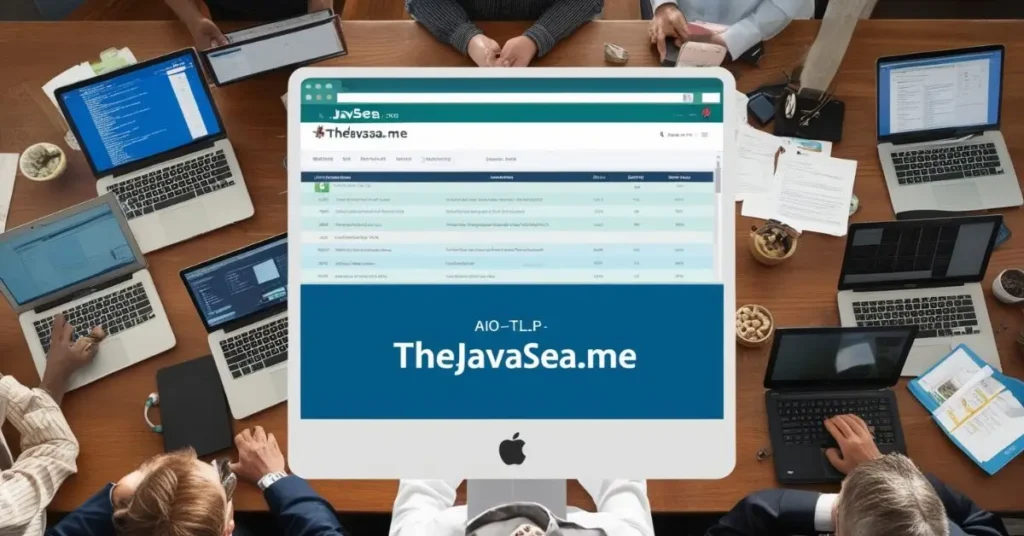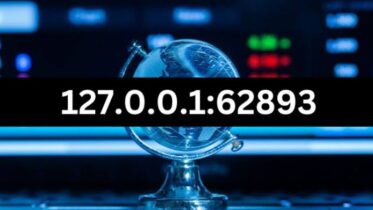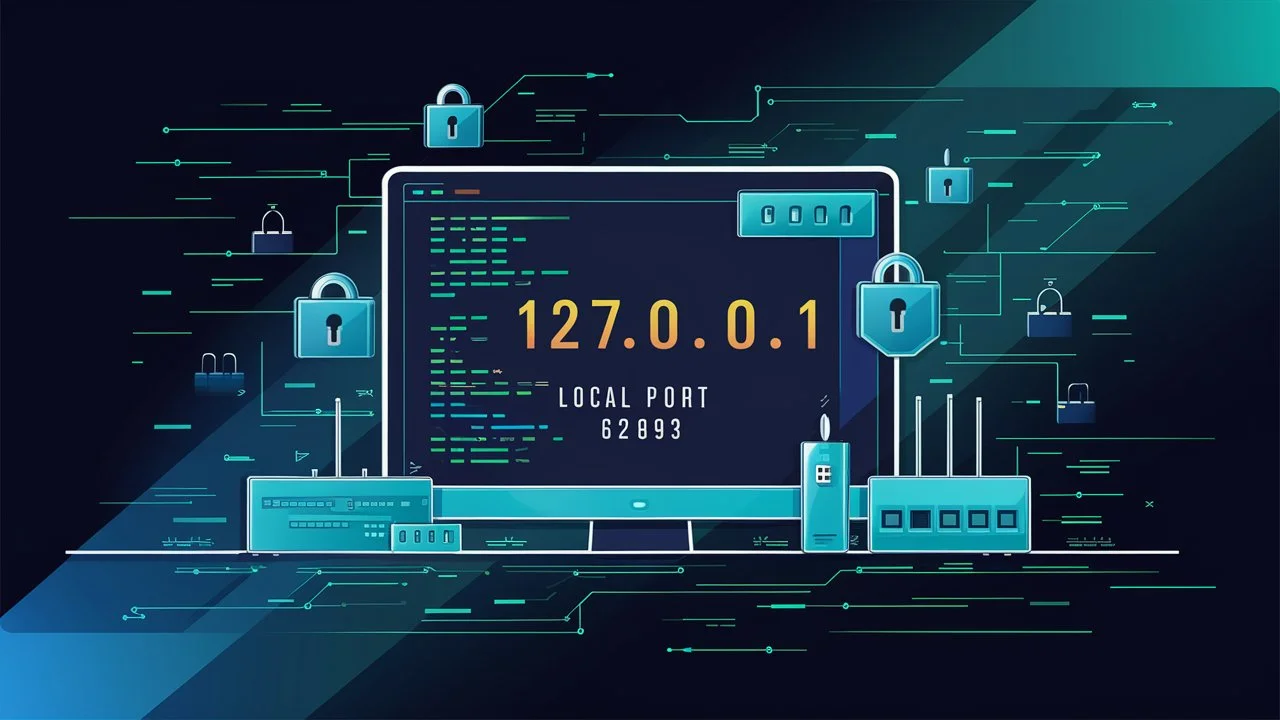Introduction To thejavasea.me leaks aio-tlp
thejavasea.me leaks aio-tlp In the ever-evolving digital age, leaks of sensitive information have become an alarming norm. TheJavaSea.me, a relatively obscure yet significant online platform, has emerged as a hotspot for sharing leaked content. One of the most debated topics surrounding the site is its connection to AIO-TLP. This term has left many tech enthusiasts, ethical hackers, and concerned users curious.
But what exactly does TheJavaSea.me host, and how does AIO-TLP play into this narrative? Let’s dig deeper into the ethical, technical, and legal aspects of these leaks. From understanding its operational structure to examining the risks involved, this article aims to give you a comprehensive understanding of the controversy while maintaining a balanced view.
The Rise of TheJavaSea.me: From Niche to Notorious
How TheJavaSea.me Started
TheJavaSea.me wasn’t always on the radar of cybersecurity experts and legal watchdogs. Initially, it was a niche platform catering to developers, tech enthusiasts, and small-scale cybersecurity communities. Its early days were marked by the sharing of programming resources, niche tools, and open-source scripts.
The site’s minimalistic design and user-friendly interface attracted a small but dedicated user base. At first glance, it looked like an innocuous site similar to platforms like GitHub or Stack Overflow. However, over time, its purpose shifted, becoming a repository for more questionable and controversial content.

When Did It Turn Dark?
Things took a turn when TheJavaSea.me became a hub for leaks—some minor, others with far-reaching implications. These leaks included proprietary software, private documents, and even sensitive cybersecurity tools. This pivot not only increased the site’s traffic but also caught the attention of cybersecurity professionals and legal authorities.
Why Does This Matter?
The platform’s notoriety lies in its focus on AIO-TLP (All-In-One Threat Landscape Packages). These collections are curated bundles of tools and resources often utilized for penetration testing, but their misuse is a growing concern. TheJavaSea.me stands accused of indirectly facilitating cybercrimes by hosting or linking to these packages.
AIO-TLP: A Double-Edged Sword
What Is AIO-TLP?
AIO-TLP stands for All-In-One Threat Landscape Packages, a term used to describe bundled tools designed for analyzing, testing, and managing cybersecurity threats. These packages often include penetration testing tools, exploit frameworks and network monitoring utilities.
While these tools have legitimate uses in ethical hacking and cybersecurity, their presence on platforms like TheJavaSea.me raises concerns. Why? Because the same tools can be weaponized for malicious purposes.
The Good: Ethical Use of AIO-TLP
Ethical hackers and cybersecurity firms rely on AIO-TLP bundles for legitimate purposes. They use these tools to identify vulnerabilities in networks, strengthen defenses, and protect sensitive data from potential attacks.
Penetration testers, for instance, simulate attacks using AIO-TLP to mimic how a hacker would breach a system. This proactive approach allows companies to address weaknesses before real attackers exploit them.
The Bad: Potential for Misuse
However, the ease of access provided by platforms like TheJavaSea.me opens the floodgates for misuse. Instead of protecting systems, malicious actors can leverage these tools to steal data, spread ransomware, or disrupt services.
The problem isn’t the tools themselves but the context in which they are shared and the audience that gains access to them. TheJavaSea.me blurs this line, raising critical ethical and legal questions.
Ethical Dilemmas and Legal Implications
The Ethics of Sharing Cybersecurity Tools
Is sharing cybersecurity tools inherently wrong? That’s a question that divides the tech community. Proponents argue that knowledge sharing democratizes access to cybersecurity resources, empowering smaller companies and independent researchers.
On the flip side, critics contend that making such tools easily available invites misuse. Platforms like TheJavaSea. I often lack adequate vetting processes, allowing sensitive tools to fall into the wrong hands.
Legal Challenges Facing TheJavaSea.me
From a legal standpoint, TheJavaSea.me operates in a murky gray area. While sharing open-source tools isn’t illegal in many jurisdictions, hosting thejavasea.me leaks aio-tlp proprietary or malicious content is a different story.
Authorities are increasingly scrutinizing such platforms under laws governing intellectual property, data protection, and cybercrime. The problem? The decentralized nature of TheJavaSea.me makes enforcement a logistical nightmare.
Case Studies: When Leaks Went Too Far
Several high-profile cases have highlighted the thejavasea.me leaks aio-tlp risks of platforms like TheJavaSea.me. For instance, leaked AIO-TLP packages were linked to ransomware attacks on financial institutions, leading to millions of dollars in damages. These incidents underline the need for stricter controls and accountability.
The Role of Community Moderation
Can Self-Regulation Work?
One proposed solution is community moderation, where thejavasea.me leaks aio-tlp users themselves take on the role of gatekeepers. This approach has worked for platforms like Reddit and Wikipedia, but its effectiveness depends on the community’s values and priorities.
TheJavaSea.me’s user base is a mixed bag, ranging from ethical hackers to opportunistic cybercriminals. This diversity makes self-regulation challenging, if not impossible.
Lessons from Other Platforms
Other platforms have implemented measures like mandatory user verification, content flagging, and moderation teams to maintain ethical standards. Could thejavasea.me leaks aio-tlp adopt similar practices? Doing so might help rebuild its reputation and align it with legitimate cybersecurity communities.
The Risk of Over-Regulation
On the flip side, heavy-handed regulation could stifle thejavasea.me leaks aio-tlp innovation and discourage legitimate users. Striking the right balance is crucial for any platform walking the thin line between utility and controversy.
How to Protect Yourself
Understanding the Risks
For everyday internet users, the risks posed by thejavasea.me leaks aio-tlp platforms like TheJavaSea.me might seem abstract but are very real. Data breaches, phishing scams, and ransomware attacks often have roots in leaked tools and information shared on such sites.
Best Practices for Cybersecurity
- Use Strong Passwords: Ensure your passwords are complex and unique for each account.
- Enable Two-Factor Authentication: This adds an extra layer of security, even if your password is compromised.
- Stay Updated: Regularly update your software to patch vulnerabilities.
- Be Wary of Downloads: Avoid downloading tools or resources from unverified sources like TheJavaSea.me.
Building Awareness
Education is the first line of defense. By thejavasea.me leaks aio-tlp understanding how leaks like those on TheJavaSea.me affect cybersecurity, you can take proactive steps to protect yourself and your organization.

The Future of Platforms Like TheJavaSea.me
Will They Survive?
Given the increasing scrutiny from thejavasea.me leaks aio-tlp legal authorities and cybersecurity experts, platforms like TheJavaSea.me face an uncertain future. While their existence highlights the need for open access to cybersecurity resources, their misuse threatens to overshadow their legitimate purpose.
Potential Reforms
For platforms like TheJavaSea.me to survive, thejavasea.me leaks aio-tlp reforms are necessary. These could include stricter user verification, better content moderation, and partnerships with ethical cybersecurity organizations.
A Broader Conversation
Ultimately, the controversy surrounding TheJavaSea.me and AIO-TLP reflects broader challenges in the digital age. How do we balance the need for open information with the imperative to prevent misuse? The answer lies in fostering responsible practices across the tech community.
Conclusion:
TheJavaSea.me and its connection to AIO-TLP thejavasea.me leaks aio-tlp serve as a case study in the complexities of cybersecurity. While the platform offers valuable resources, its lack of oversight poses significant risks.
As users, developers, and organizations, we have a collective responsibility to promote ethical practices and mitigate the dangers of misuse. Whether through education, regulation, or innovation, addressing these challenges is crucial for a safer digital future.




